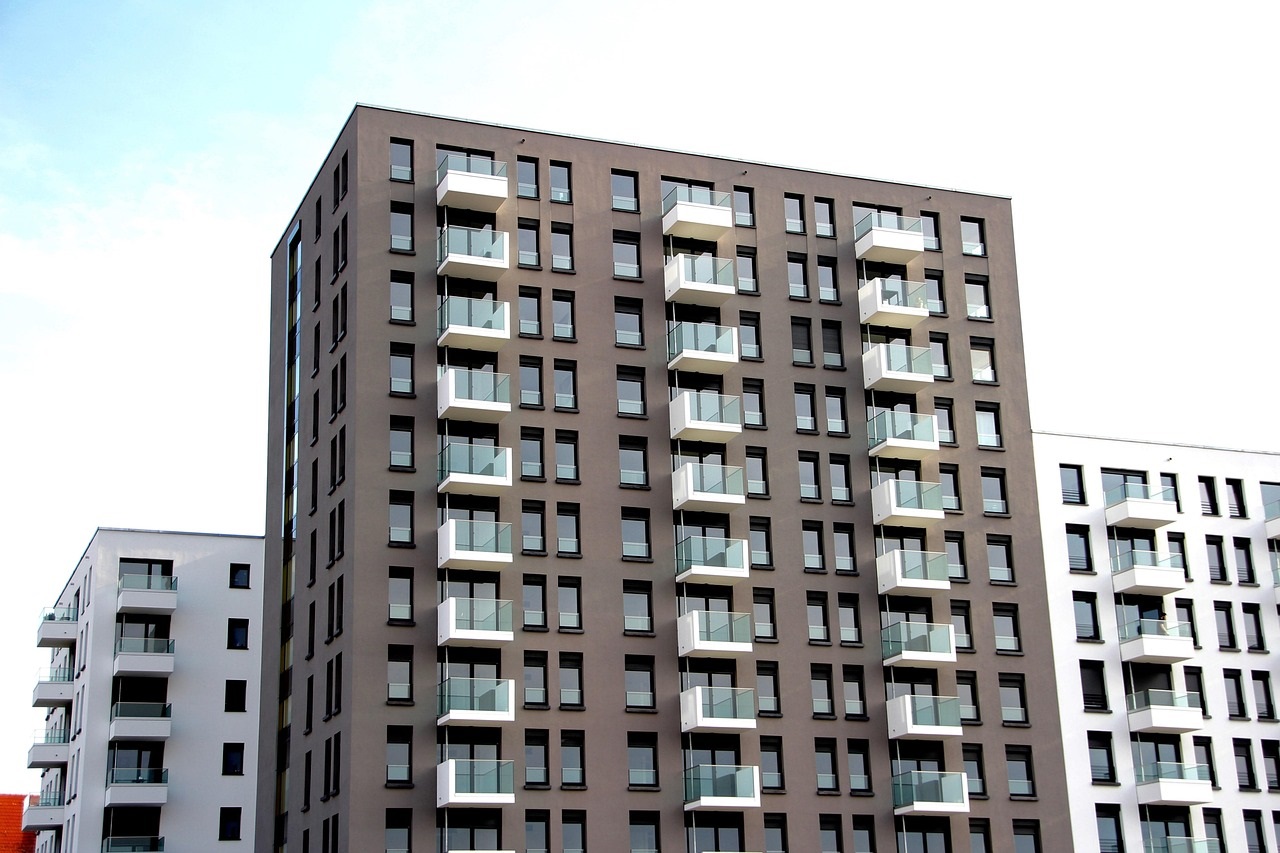02 June 2025

In response, a growing number of legal experts, policymakers, and consumer advocates are turning their attention to an alternative: commonhold ownership.
This blog explores what commonhold ownership is, why it's gaining traction, and how it could reshape the future of property ownership in the UK.
What is Commonhold Ownership?
Commonhold is a relatively new form of property ownership, introduced in England and Wales in 2002 through the Commonhold and Leasehold Reform Act. It allows for the freehold ownership of individual flats, alongside shared ownership and responsibility for common parts of the building (e.g., hallways, roofs, gardens).
Unlike leasehold, which grants time-limited rights to occupy a property (often with escalating ground rents and service charges), commonhold gives owners permanent ownership of their unit. All unit owners automatically become members of a Commonhold Association, which manages the building collectively and democratically.
The Problems with Leasehold
Leasehold has long been criticised for a number of issues:
High-profile media stories and parliamentary inquiries have exposed these problems, leading to a wider call for reform.
Why Commonhold is Gaining Attention
Commonhold addresses many of the shortcomings of leasehold:
For law firms, this presents a new area of advisory work, both in helping clients understand commonhold and in navigating conversions or purchases.
Why Hasn’t Commonhold Taken Off?
Despite its benefits, commonhold remains rare. Some of the barriers include:
Government Support and Reform
In recent years, the UK Government and the Law Commission have signalled strong support for commonhold reform. Key proposals include:
If enacted, these reforms could significantly increase the number of commonhold properties on the market.
Is Commonhold the Future?
There is growing consensus that commonhold could represent a fairer and more sustainable model of ownership, especially in an era where home ownership needs to be both secure and transparent. For clients, particularly those purchasing flats, commonhold offers an appealing alternative with long-term advantages. For lawyers, this is an emerging field with increasing demand for guidance, especially as reforms progress.
Commonhold may not yet be the norm, but it is fast becoming a serious contender for the future of flat ownership in the UK. With government backing and public awareness on the rise, this model offers a promising path forward for homeowners, property professionals, and legal advisers alike.
Whether you're a property lawyer advising clients, a developer exploring options, or a buyer seeking a more secure investment, understanding commonhold is essential as the property landscape continues to evolve.
We understand the complexities of residential property law and are committed to helping our clients navigate the changing landscape. Whether you're a homeowner, investor, or developer, our experienced property team can provide practical, expert advice on all aspects of commonhold and leasehold ownership.
If you’re considering buying a flat, converting a leasehold, or simply want to understand your options, contact today on 01202 526343 or via online: Contact Us AB Solicitors For Your Legal Needs